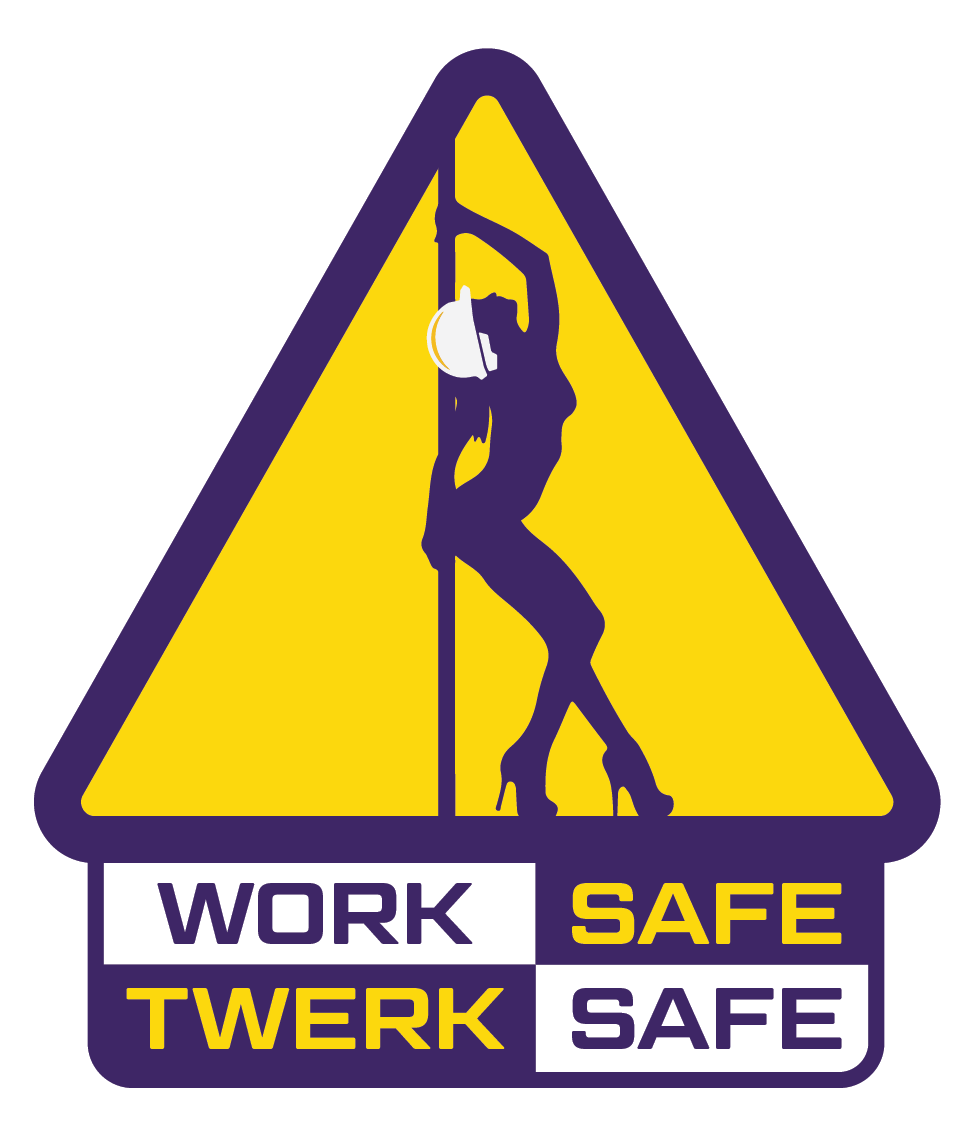
The Criminal Code of Canada understands sexual consent to be freely given, that is, consent cannot be obtained through fear, threats, fraud, or the exercise of authority. The exercise of authority could, for example, be by a police officer, municipal bylaw agent, or manager.
This means that if you do not consent to a customer sexually touching you in a particular way or touching a particular part of your body or touching you with a particular part of his body – whether you have already consented to other kinds of sexual touching or not – it is sexual assault. Importantly, it is sexual assault if it makes you uncomfortable, whether you have verbally said no to that particular act or not because non-consent can also be nonverbal (e.g., appearing uncomfortable or intimidated). A person cannot claim they mistakenly believed you were consenting if they are intoxicated or neglected to take steps to ensure you were consenting.
So what can you do?
- You can refuse to dance for or hang out with any customer at any time for any reason if you feel uncomfortable – you do not have to justify this decision to anyone
- It is always a good idea to clarify your boundaries and/or tell him the rules before you begin to dance for a customer, since he might have a different idea of what a dance involves than you do
- You can stop mid-dance if a customer is touching you in a way you are not comfortable with – this can include either stopping entirely and leaving his company, or stopping momentarily to clarify your boundaries
- You can also stop dancing or refuse to dance for someone who is talking to you in a way that makes you feel uncomfortable because talking to someone in a vulgar or threatening manner also violates criminal law as well as workplace safety regulation
- Uttering threats of causing death, bodily harm or the destruction of property of any person is a criminal offence, prohibited in section 264.1(1) of the Criminal Code of Canada
- Under Ontario’s labour and human rights laws, your manager or the bouncers are legally obliged to respond to your complaints of sexual harassment or sexual assault from a customer. If they don’t respond, for example by refusing to kick the person out, you might consider making a complaint to the Ministry of Labour
- It might help get the client’s behaviour under control if you remind him of whatever criminal law he is violating
- Uttering threats is punishable by up to 5 years in prison
- Sexual assault (simple) is punishable by one to 10 years in prison (s. 271)
- Sexual assault with threats to another person or bodily harm, is punishable by up to 14 years in prison (s. 272)
- Extortion, that is, getting someone to give or do something through threats or violence (s. 346 (1)), is punishable by up to life in prison
- But, it might be easier and more effective to simply threaten to call the bouncer, and maybe talk about how the bouncers at your club are especially enthusiastic/violent
- You can actually tell the manager, bouncer, bartender or some other authority at the club, especially if you know they will respond, or if you have heard from other dancers they are sympathetic
If things get out of hand, you may want to consider filing a complaint with the police. Ontario Women’s Justice Network has a number of resources about taking a sexual assault complaint through the criminal justice system, including what your options are, what the medical exam is like, how the criminal justice process starts, and what court is like. It is important to know that you do not have to file a complaint if you do not want to – it can be a long, difficult process that may not lead to a conviction, but we recommend you make an informed decision by looking at these links. There are also some counselling numbers on our Resources page.
